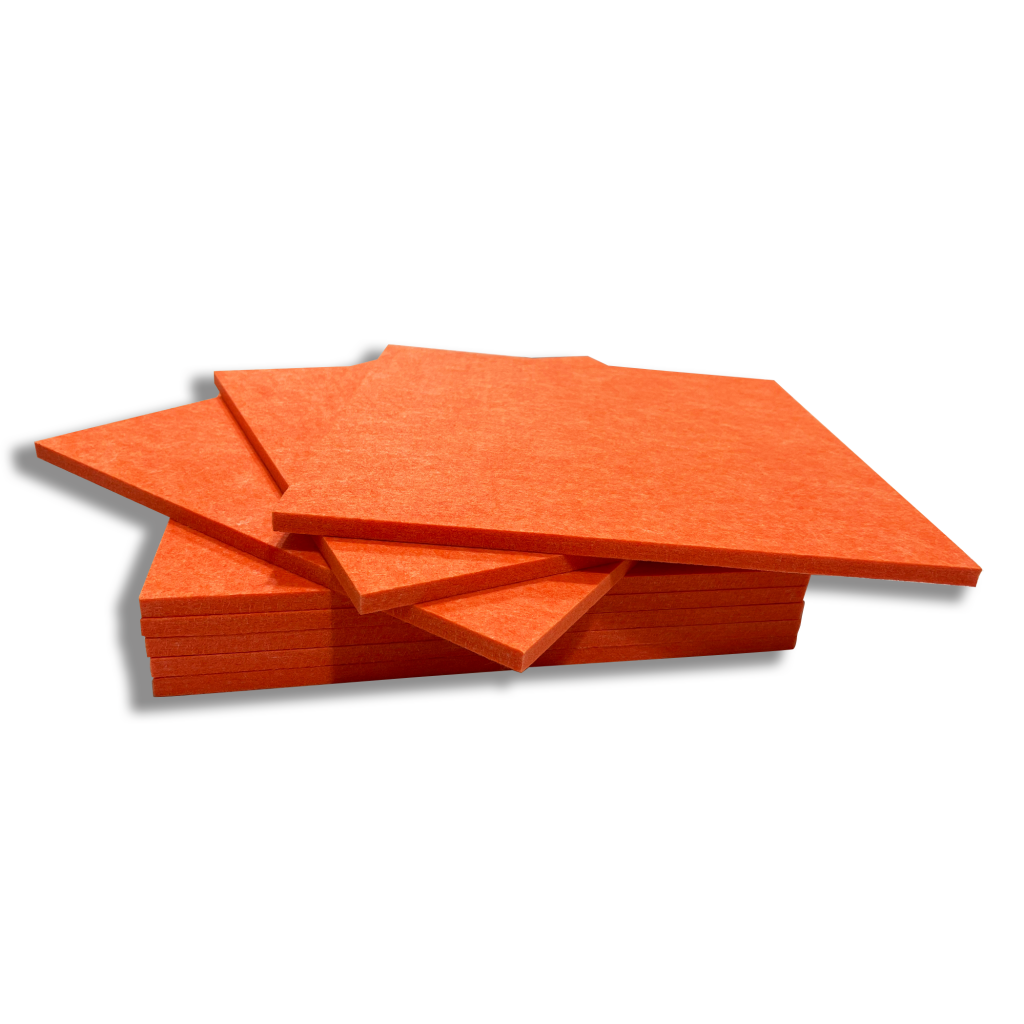
When it comes to soundproofing your walls, there are many questions that come to mind. From the cost of materials to the soundproofing process itself, there are various factors to consider. If you’re planning on soundproofing your walls, it’s important to make sure that you have a thorough understanding of the process and the materials involved.
- What are the benefits of soundproofing?
One of the most frequently asked questions about wall soundproofing is “What are the benefits of soundproofing?” Soundproofing your walls can provide a number of benefits. It can reduce the amount of sound that passes through the walls, making it easier to have conversations without being interrupted. It can also block out external noise, making it easier to concentrate in an otherwise noisy environment.
Additionally, it can help reduce echo in a room, making it easier to hear people speaking clearly. Finally, soundproofing can provide a sense of privacy and safety, as it can prevent people outside from hearing what’s going on inside the home.

- What materials are used to soundproof walls?
The materials used to soundproof walls vary depending on the type of soundproofing you are trying to achieve. In general, materials like acoustic foam, fiberglass insulation, and mass-loaded vinyl are used to absorb sound energy and reduce reverberation. Acoustic foam panels are often used to reduce mid- to high-frequency noise, while fiberglass insulation and mass-loaded vinyl are best used to reduce low-frequency noise. For more effective soundproofing, you may want to consider using multiple layers of these materials.
- How much does wall soundproofing cost?
The cost of soundproofing your walls will vary based on your specific project. Generally, it depends on the materials used and whether you hire professional installation services. Additionally, different wall materials may require different soundproofing techniques, which can lead to varying costs. To determine the exact cost of soundproofing your walls, it is best to consult a professional who can assess your project.
- What are the best techniques for soundproofing walls?
One of the most important techniques for soundproofing walls is to use materials that have a high level of sound absorption. This can include acoustic fabric, acoustic foam, and various soundproofing materials. Additionally, adding a second layer of drywall can be effective at reducing the amount of sound that passes through walls. Also, increasing the mass of a wall by adding mass-loaded vinyl is another effective technique for soundproofing walls. Finally, adding insulation between the drywall and the wall studs can help reduce the amount of sound that passes through walls, as well.
- What products can I use to soundproof my walls?
One of the most common questions about wall soundproofing is what products can be used. Luckily, there are a number of products available to help you soundproof your walls. Acoustic insulation and soundproofing panels are the most popular soundproofing materials. Acoustic insulation absorbs sound and reduces reverberation, while soundproofing panels block out sound. For added soundproofing, you can use a combination of acoustic foam, mass loaded vinyl, and acoustic caulk. Additionally, you can use soundproof curtains, acoustic boards, and even acoustic wallpaper to help soundproof your walls.
In conclusion, wall soundproofing is a great way to reduce noise in your home or office. It is a relatively inexpensive and easy process that can be done by homeowners or contractors. While the materials and techniques may vary depending on the type of soundproofing you are looking for, the basics are the same. With the right materials, proper installation, and some sound-absorbing insulation, you can create a quieter and more peaceful environment in no time.
